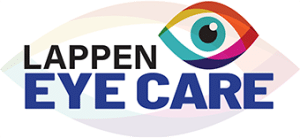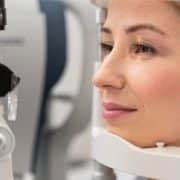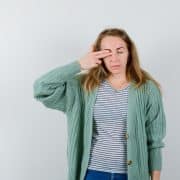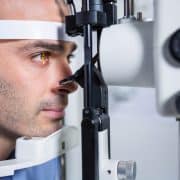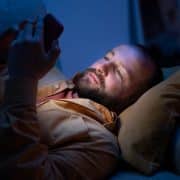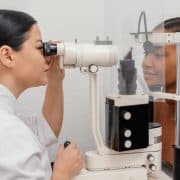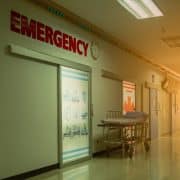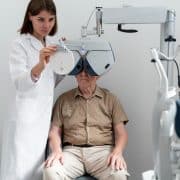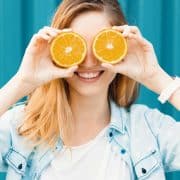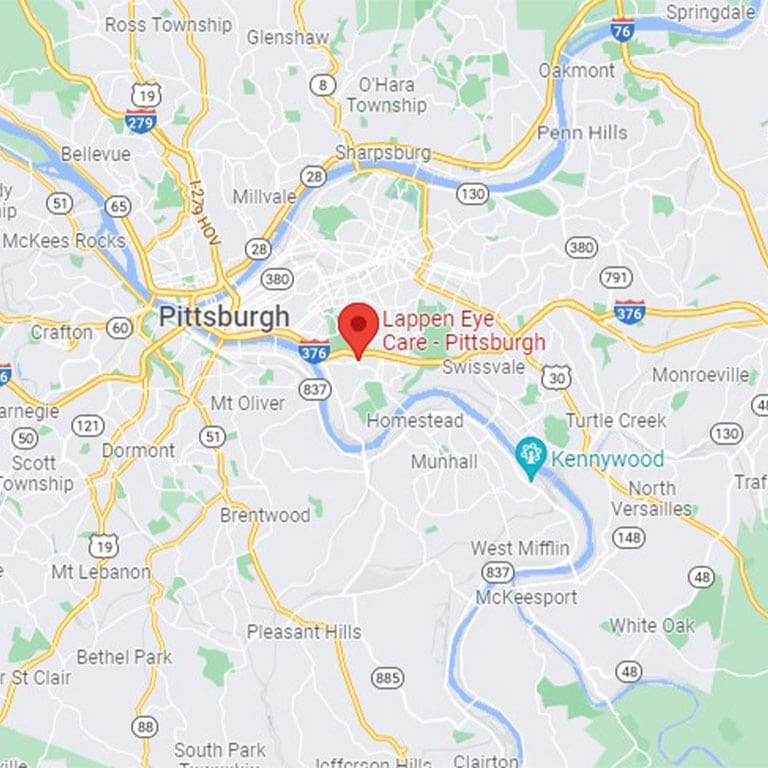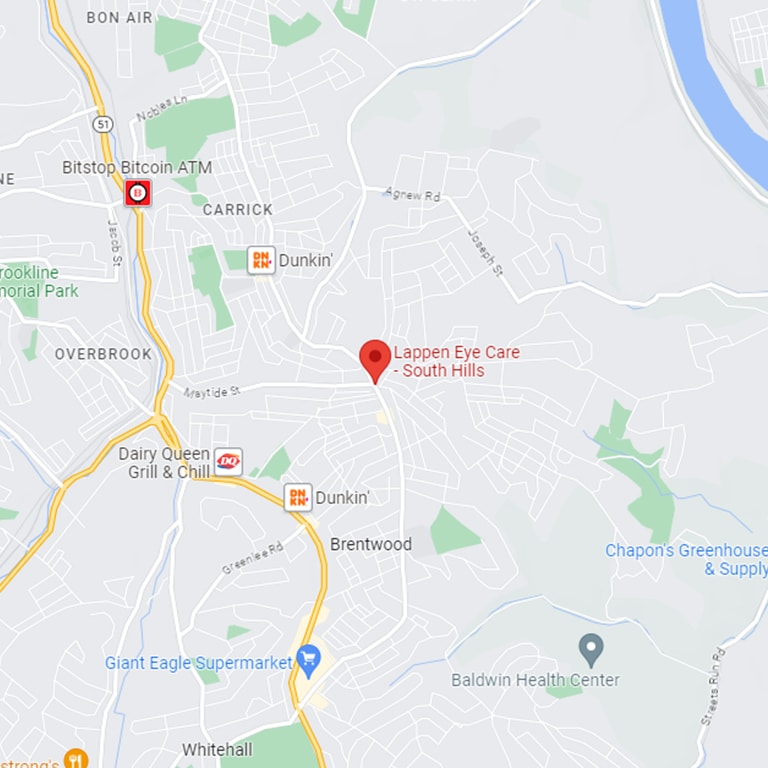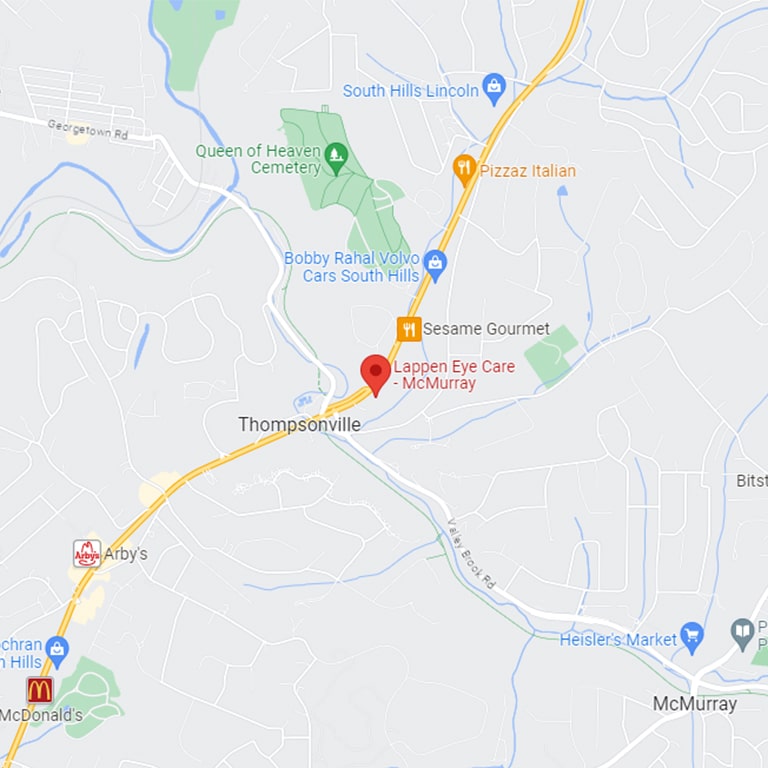Common Causes of Dry Eye
Dry eyes can be a debilitating condition to deal with. The gritty, itchy, dry feeling can impact your comfort throughout the day. To treat dry eye effectively, your eye doctor in Pittsburgh, PA, eye doctors will need to find the underlying cause. Here are some common causes of dry eye to watch for.
Changes As You Age
People make fewer tears as they age. Sometimes, dry eye is simply a result of the aging process. In these cases, the best treatment is management of the condition to improve your comfort.
Medications
Many medications have dry eye as a side effect. If you’re on a medication, your doctors at Lappen Eye Care will help you determine if that could be a contributing factor. Sometimes, medication changes are important, while other times, you simply need to learn to live with the condition so you can continue taking your medicine.
Hormone Changes
Changes that occur during pregnancy and menopause, as well as some hormonal conditions like thyroid disorders, can lead to dry eye. Sometimes, treading these hormonal changes or imbalances, when appropriate, can help.
Contact Lens Wear
Over time, wearing contact lenses can contribute to dry eye. Sometimes, if the dry eye is bad enough, you may want to talk to your eye doctor in Pittsburgh, PA, about switching to glasses. Other options may include using lubricating drops to help keep your contacts comfortable.
Chronic Health Conditions
Many autoimmune disorders and chronic health conditions can contribute to dry eye problems. Again, if you can treat this underlying condition, you’ll likely find that your dry eye improves.
Dry eye doesn’t have to be debilitating. With help from the eye doctors at Lappen Eye Care, you can effectively treat or manage this condition. Schedule an eye exam to discuss your dry eye concerns today.

